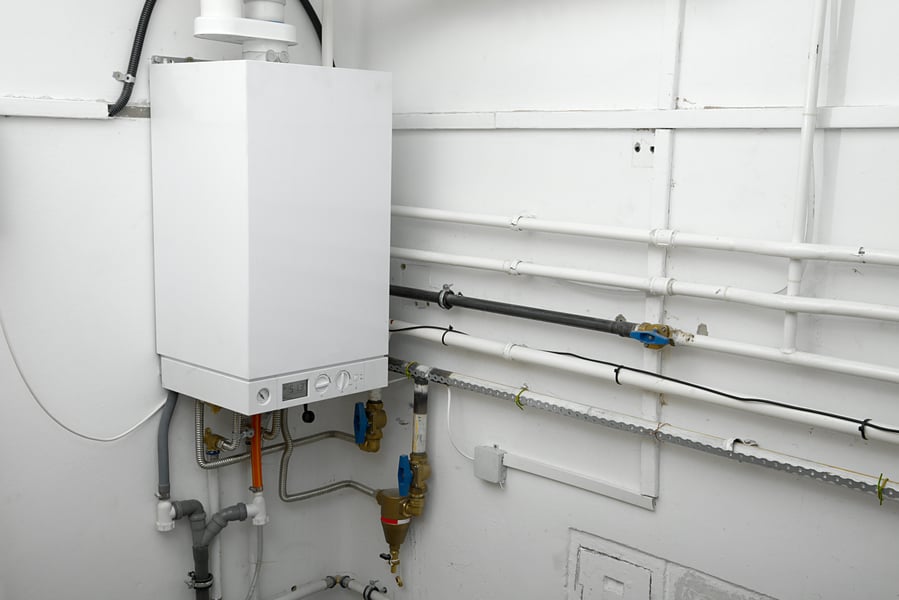This comes in response to a survey showing that 38% of landlords are struggling to source maintenance contractors to undertake required work.

Landlords are calling for a six-month extension to the validity of all gas and electrical safety certificates to cover for the impact of the coronavirus.
This comes in response to a survey showing that 38% of landlords are struggling to source maintenance contractors to undertake required work and just over a third are having difficulties undertaking work in their properties because of either themselves, or their tenants, self-isolating.
With tenants also concerned about letting people into their rental properties, the National Residential Landlords Association (NRLA) is calling for gas and electrical safety certificates expiring over the six month period from 1 April to be extended for six-months. This would be in line with the government’s approach to MOT certificates.
This would provide the time that landlords need to ensure routine, but legally binding checks, can take place at a point when the danger of spreading the virus in rental properties is at least reduced.
The NRLA is also calling on the government to delay until next year the introduction of new routine Electrical Installation Condition Reports which are due to come into force from 1 July.
These will involve inspectors checking the wiring in all rooms of a property, possibly taking a number of hours, making it impossible for tenants to properly isolate.
Ben Beadle, chief executive of the NRLA, said: “Whilst landlords should ensure that urgent work to ensure properties are safe for tenants is carried out, routine maintenance and checks need to be delayed to prevent the spread of coronavirus.
“Extending the life of gas and electrical safety certificates will protect landlords and tenants from unnecessary contact and provide landlords with legal protection from enforcement action where they are simply unable to get such work undertaken through no fault of their own.”



